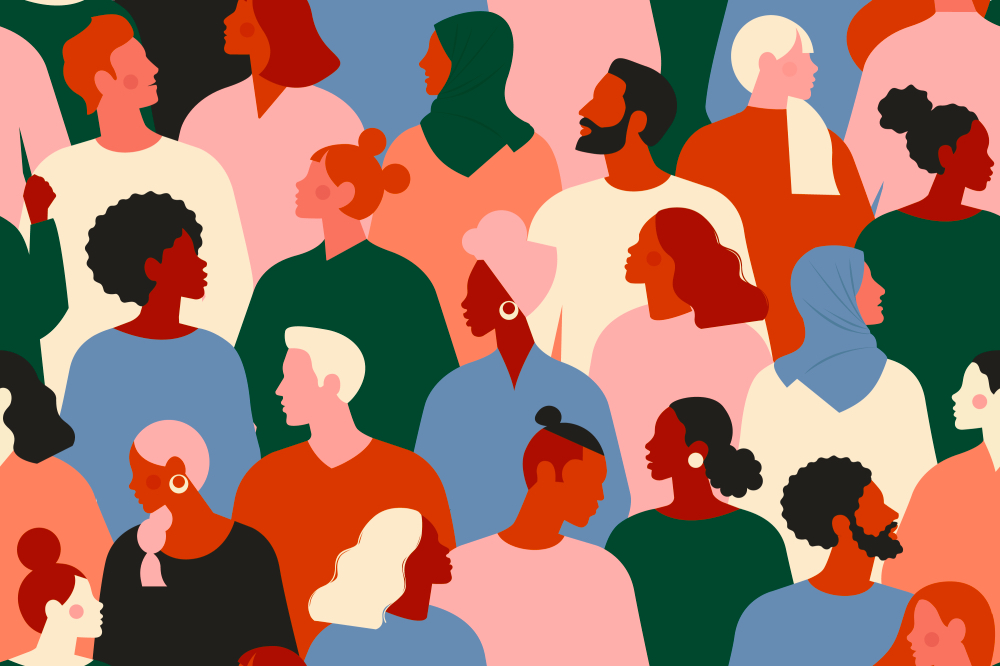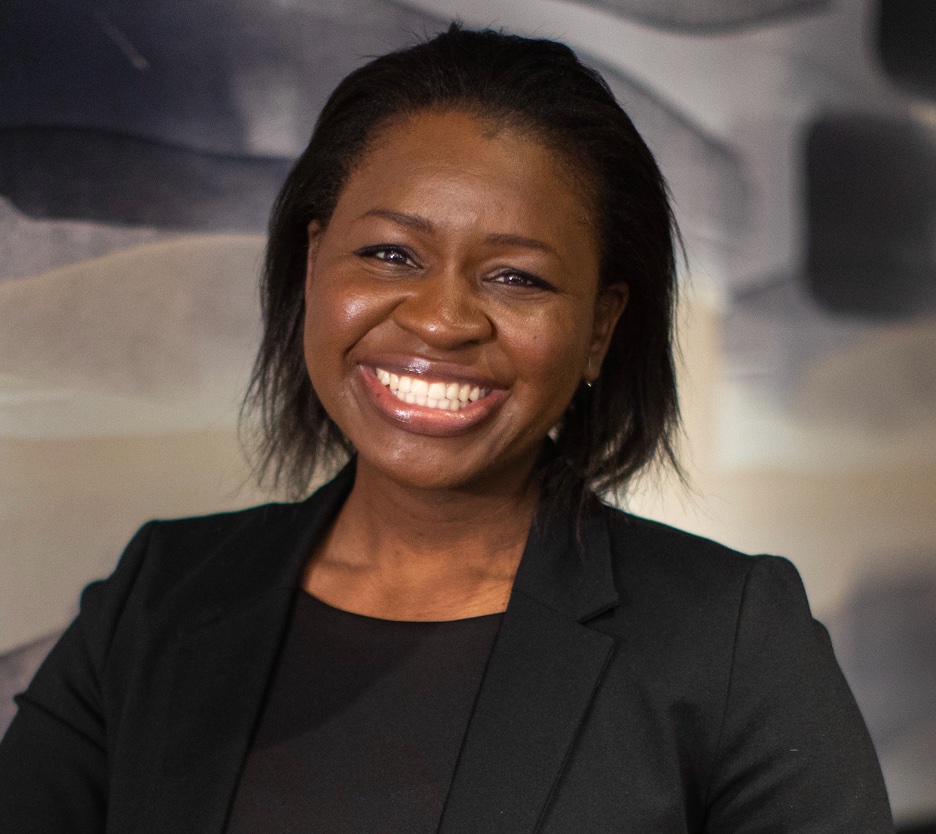
Article by Dr Femi Olu-Lafe, SVP, Culture and Inclusion at Acxiom, Kinesso, and Matterkind
It requires time and effort, and most importantly the commitment to want to create change. Leadership engagement and advocacy is a must for meaningful change to be implemented successfully throughout the organisation.
Over the last few years, we have seen many actions to improve diversity, equity, and inclusion (DEI) across the business landscape with relation to issues including gender, race, and disability. It’s great to see that organisations across all sectors have leapt to take action to make changes, and it’s encouraging that these conversations are happening, but there are still massive opportunities for improvement.
Despite the best of intentions, some of the actions taken have been ineffective and some even performative. So, what can be done to combat this?
It’s essential for leaders to be educated on what led us to where we are now, for example by sharing context on the historical exclusion of some groups of individuals such as women, and the current inequities that exist. Conversations need to be had around why sectors such as technology and finance are still predominantly male-dominated, specifically in leadership positions, and the tangible measures that can be put in place to combat this.
It’s also important for leaders to place emphasis on the benefits of enhancing diversity and inclusion, for example increased employee belonging, engagement and retention, enhanced innovation, and a better understanding of customer base.
Hand-in-hand with this, they need to understand the risks that not focusing on DEI could pose to the business. This could lead to gaps in decision making due to a lack of diversity of thought, along with clients and customers becoming more proactive about holding companies accountable around diversity and inclusion, and the potential impact this could have on partnerships and customer relationships.
Simply put, the companies that have made the most meaningful progress took the time to firstly understand their current state and then used this to set a clear vision for the future state. Following this they sought internal and external input; however, the initial reflection piece is the most important first step.
Understanding an organisation’s current state requires having the tools in place to pull data and insights from across the business, to build a picture of where the organisation is doing well, and where it can improve.
This is where using a Human Resources Information Systems (HRIS) comes in – they’re nothing new; however, the value of these systems has shifted towards finding ways to help organisations take action on issues ranging from gender equality all the way through to race and representation.
An HRIS provides valuable data on key moments in the employee lifecycle. This data is imperative to understanding the current state of an organisation’s DEI efforts, setting ambitious yet attainable goals, and checking on progress towards these objectives.
The next step is using the data obtained from an HRIS to assist the creation of fair and equitable processes by reducing the levels of bias that exist. Simply having the data isn’t sufficient to reduce bias; however, using this information can help uncover biases, unfairness, and inequities along with the necessary interventions for addressing these issues.
Some organisations make the error of manipulating data to fit into a particular narrative or agenda, rather than leveraging data to uncover issues and improve processes. Misuse of data can lead to DEI initiatives becoming disingenuous and even ineffective. Used in the right way, data can help counter biases and challenge assumptions to better develop the company’s internal and external brand.
One impactful way to attract key talent is building your brand as a company that candidates seek. Candidates want an inclusive culture where they can thrive. Building an inclusive culture doesn’t happen overnight; however, there are actions companies can take today to start moving in the right direction.
Companies would benefit from spending time considering how they could change their recruitment processes to recruit women, and how they can be more intentional about building a company culture that is appealing to people from historically excluded communities.
Another way to make meaningful progress here is building strong partnerships with organisations and universities that have connections with people from historically excluded communities. When possible, this should be a two-way beneficial relationship; rather than companies just recruiting, they could consider how they could also invest in the growth of these organisations, universities, and communities.
Leadership accountability is also essential for building welcoming environments where people feel valued. It takes all parts of the organisation working together to make an impact and to create significant and lasting improvements, however it’s vital for senior leaders to invest mentally and financially in implementing and role modelling these changes across the business.
 Dr Femi Olu-Lafe is SVP, Culture and Inclusion at Acxiom, Kinesso, and Matterkind. Dr Femi’s responsibilities include extending the impact of existing DEI efforts, identifying opportunities for new programmes, and championing a focus on ensuring data and technology products across the businesses serve all people in a respectful and inclusive manner. Her passion lies in ensuring employees have meaningful ways to engage so they can continue co-creating the diverse and inclusive culture that is core to the values and culture of the companies.
Dr Femi Olu-Lafe is SVP, Culture and Inclusion at Acxiom, Kinesso, and Matterkind. Dr Femi’s responsibilities include extending the impact of existing DEI efforts, identifying opportunities for new programmes, and championing a focus on ensuring data and technology products across the businesses serve all people in a respectful and inclusive manner. Her passion lies in ensuring employees have meaningful ways to engage so they can continue co-creating the diverse and inclusive culture that is core to the values and culture of the companies.
